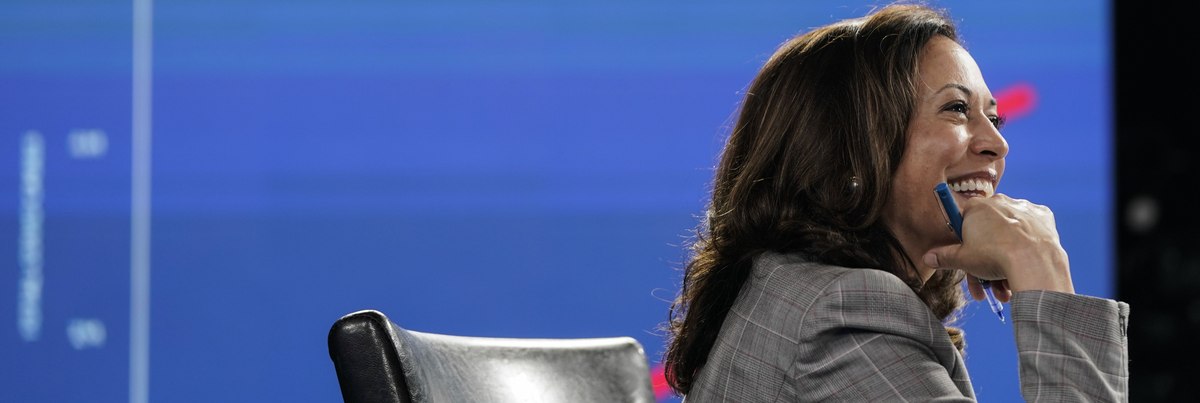
Would America be better with more women in charge?
Vice President Kamala Harris spoke about the status of women and democracy at the United Nations. She argued that democracy “depends fundamentally on the empowerment of women” and that “the exclusion of women in decision-making is a marker of a flawed democracy.”
Fundamental to Vice President Harris’s argument is a belief that including women in political or economic decision-making strengthens democracy. Yet, YouGov’s Social Change Monitor shows that Americans are unconvinced that women holding more leadership positions would lead to a better society.
When asked how society would differ if more women held elected office, had leadership positions in corporations, or sat on corporate boards, Americans are split. About half say that society would be better than it is today (45-47%), but about the same proportion of Americans believe that society would not change if more women held these types of positions (42-47%).
Men and women’s views differ on this. More than half of women believe that society would be better than today if more women held elected office (56%), had a corporate leadership position (57%), or sat on a corporate board (55%), yet just one-third of men believe the same (34-37%).
It is unclear whether Kamala Harris’s visible leadership as Vice President will help convince the public to see women in senior roles more favorably. While more than half of women (53%) say her role will increase respect for women as leaders generally, fewer than half of men (43%) say the same.
Women’s empowerment isn’t just about helping women reach the very top: it can also be as accessible as making economic decisions for their household. Yet, just over one-third of Americans (37%) believe that society would be better than today if there were more women who are the financial heads of their households, and more than half (53%) perceive no change in society if more women were financial heads of household. Women (45%) are more likely than men (29%) to say that having more women as the economic head of household would benefit American society.
Women are still less likely to think they have equal opportunities
American women are not explicitly prohibited from leadership roles or those with economic decision-making, but they face greater challenges in achieving these positions of power. At the most general level, significantly fewer women (46%) than men (52%) say that every person has an equal chance to rise up and prosper.
Women are more likely than men to say that when it comes to getting a good-paying job, they have less opportunity than others (32% vs. 26%). Two-thirds of women (66%) believe that the pay gap between the salaries paid to women and men are a result of gender, compared to fewer than half of men (44%).
Vice President Harris’ ideal democracy is one in which “every citizen, regardless of gender, has an equal voice.” Inherent to this statement is that a person of any gender can be an effective decision-maker in a leadership role. While America is often described as an idealized ‘city on the hill’ that serves as a model for democracy around the world, the YouGov Social Change Monitor shows that when it comes to gender equality, America is still climbing.
For more information about the YouGov Social Change Monitor, contact social.change@yougov.com.